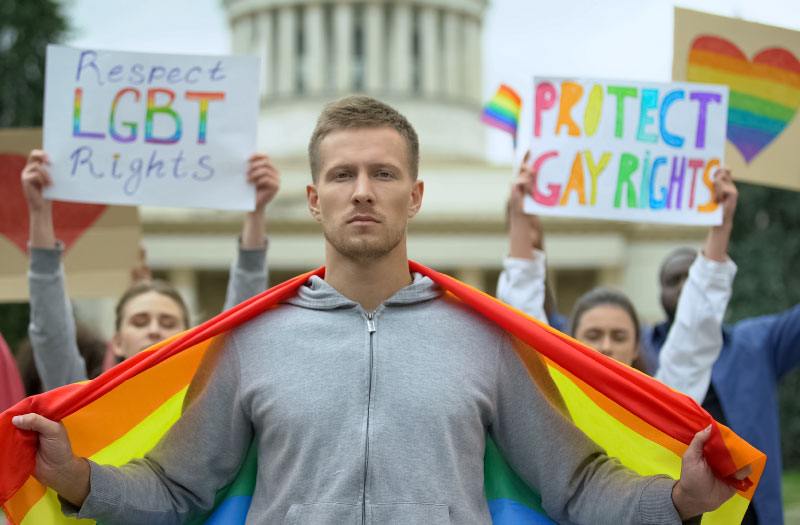Big news in the civil/employment rights area—the United States Supreme Court has extended the protections of the Civil Rights Act to LGBTQ workers. Here is exactly how that happened and what it means.
The Supreme Court was called upon to resolve a split in the decisions among three Appellate courts. In each of these cases, an employer fired a long-time employee simply for being homosexual or transgender.
- Clayton County, Georgia, fired Gerald Bostock for conduct “unbecoming” a county employee shortly after he began participating in a gay recreational softball league.
- Altitude Express fired Donald Zarda days after he mentioned being gay.
- Harris Funeral Homes fired Aimee Stephens, who presented as a male when she was hired, after she informed her employer that she planned to “live and work full-time as a woman.”
Each employee sued, alleging sex discrimination under Title VII of the Civil Rights Act. The Eleventh Circuit held that Title VII does not prohibit employers from firing employees for being gay and so Mr. Bostock’s suit could be dismissed. The Second and Sixth Circuits, however, allowed the claims of Mr. Zarda and Ms. Stephens to proceed, so the Supreme Court had to decide.
On June 15, 2020 the Court issued the opinion in Bostock v. Clayton County, Georgia. The holding was clear and unambiguous – “An employer who fires an individual merely for being gay or transgender violates Title VII.”
It is now illegal to discriminate against applicants or employees because of their gender identity or sexual orientation. It is also illegal to retaliate against a person because they complained about discrimination, filed a charge of discrimination, or participated in an employment discrimination investigation or lawsuit.
Discrimination against LGBTQ workers is prohibited in every aspect of employment, including:
- Job Advertisements
- Recruitment
- Application & Hiring
- Background Checks
- Job Referrals
- Job Assignments & Promotions
- Pay & Benefits
- Discipline & Discharge
- Employment References
- Reasonable Accommodation & Disability
- Reasonable Accommodation & Religion
- Training & Apprenticeship Programs
- Harassment
- Terms & Conditions of Employment
- Pre-Employment Inquiries
- Dress Code
- Constructive Discharge/Forced to Resign
If you or a loved one has been discriminated against, especially if it affects a number of employees in the same situation, you should act promptly to seek advice. This is important both in order stop the unfair practices, and because employment protection laws have strict filing deadlines which could bar your claim. Pelton Graham is here to help.


Leave A Comment